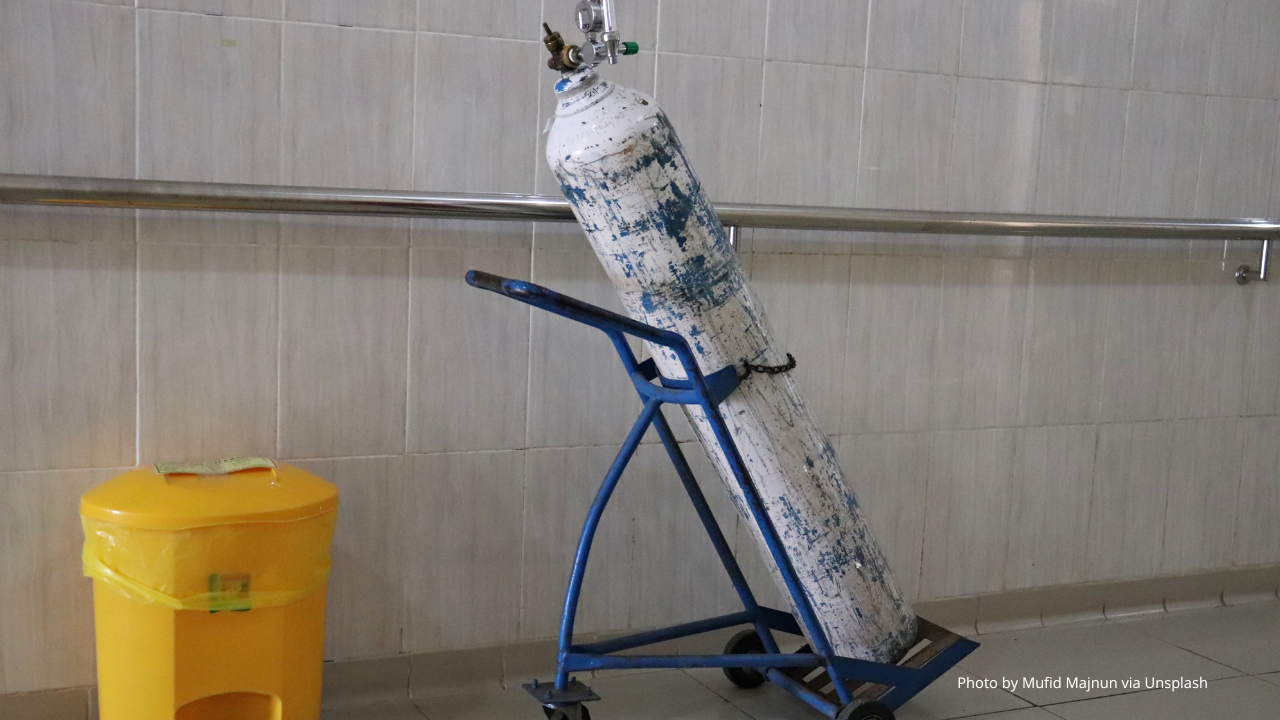
African Leaders Commit to Tackling Pandemic Fueled Routine Immunization Deficits
February 23, 2023
By Nellie Bristol
COVID GAP
In the face of falling routine immunization rates and recent spikes in some vaccine preventable diseases, African leaders pledged this week to “reignite the political will” to prioritize universal access to immunization through a declaration endorsed by African Union (AU) Heads of State and Government February 19.
The declaration, entitled “Building Momentum for Routine Immunization Recovery in Africa,” commits governments to increasing and sustaining domestic investments in vaccines as well as addressing bottlenecks in vaccine delivery and improving disease surveillance. It invites African development banks, regional economic communities, and regional health organizations to increase resource mobilization and manufacturers to facilitate affordable access to vaccines and support technology transfer to African companies. It calls for an AU/World Health Organization (WHO) progress report in 2025. The declaration was adopted on the sidelines of the 36th Ordinary Session of the AU Heads of State and Government in Addis Ababa at an event convened by the AU Commission for Health, Humanitarian Affairs and Social Development, the Government of Sierra Leone, and WHO.
Routine immunization rates had plateaued in Africa for nearly a decade even before COVID-19 hit. Exacerbating the issue, WHO found that half of countries surveyed reported continued pandemic-related disruptions to immunization services into late 2021. United Nation’s Children’s Fund (UNICEF) and WHO data show that 7.7 million African children missed first doses of diphtheria-tetanus-pertussis, measles, and polio vaccines in 2020, a nearly 10% increase from the previous year. The regression continued into 2021, with the international health organizations reporting that a total of 8.4 million African children missed out on DPT immunizations that year. While WHO says immunization coverage of 90-95% is required to prevent some diseases, second dose measles coverage fell in Africa from 76% in 2012 to 66% in 2020 and to 61% in 2021.
“It was hoped that 2021 would be a year of recovery during which strained immunization programs would rebuild and the cohort of children missed in 2020 would be caught up,” WHO said. “Instead, DPT3 coverage was set back to its lowest level since 2008.” WHO termed the phenomenon a “historic backsliding” attributed to an increased number of children living in conflict and fragile settings and COVID-19 related service and supply chain disruptions.
The regression has had important consequences. The number of measles cases increased 400% in the region in January and March 2022 compared with the same period in 2021. Further, vaccine-preventable diseases are responsible for 93% of ongoing infectious disease outbreaks in 31 countries with 17 experiencing more than one, according to WHO’s Regional Office for Africa. Unless intensified immunization efforts are initiated, WHO estimates immunization coverage will remain below 2019 levels until 2027.
While cited as a driver of falling immunization rates, the COVID-19 pandemic also may help provide new solutions for improving vaccine delivery. COVID-19 vaccine inequities drove attention not only to supply issues and delivery glitches, but also to vaccine hesitancy. Pandemic-related cold chain enhancements, information system upgrades, and methods for addressing vaccine-related mis- and disinformation could be repurposed to enhance immunization and health systems overall.

